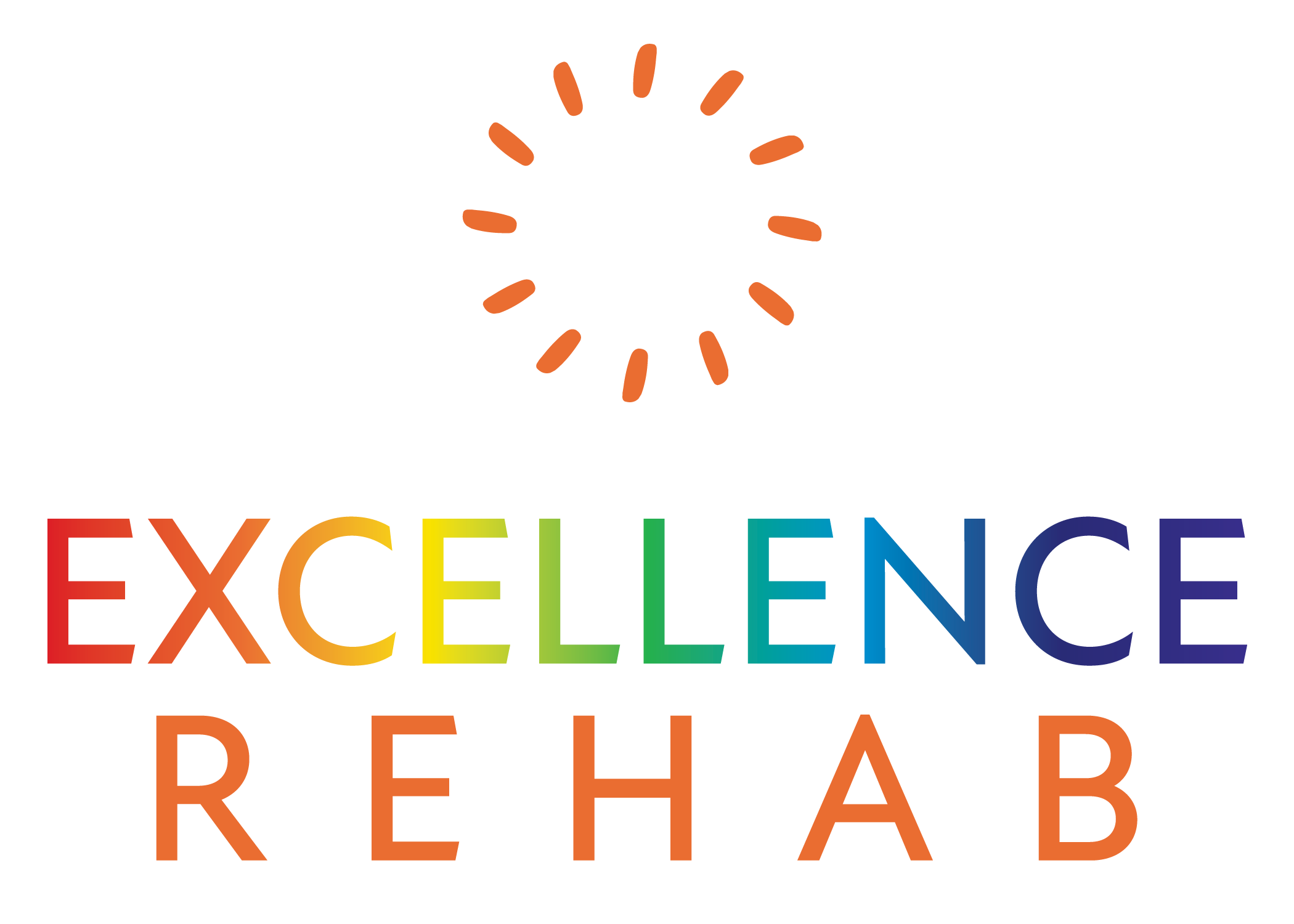Watching your baby grow is one of the most heart-warming, exciting elements of parenting. You might even be amazed at how excited you get when your baby starts performing basic motor functions for the first time, and there is nothing wrong with that at all. Every day they become more and more aware of their surroundings, and each day they grow just one more small step toward mobility and independence. So, when do babies learn to sit up from lying down? While every child is different and will grow at their own pace, doctors and medical professionals do have expectations for milestones, certain stages of development they like to see babies reach by a certain age, and whether or not your baby achieves these milestones can be an indicator of your baby’s overall health. In this article, we will discuss some of the early development milestones you should look for in your baby.
The First Milestones
Learning how to sit up on their own is a huge milestone for babies. Many parents see this as a moment to take a relaxing breath as this new ability eliminates a number of suffocation risks that babies are challenged with in those early months. So, when do babies sit up from lying down? The short answer is somewhere between 7-11 months, but before they can show off this new amazing move, they have a few more important milestones to achieve:
- Supporting Their Own Head. – This is a big one. Before babies learn to support their entire upper body, they start small(ish) and learn to support the weight of their own head. It is not uncommon for babies to learn this cool trick early, but the majority of babies have this one figured out before month 4.
- Tummy Time. – Once your baby has mastered the weight of its own head, hopefully between months 1-3, it is now time for tummy time! Tummy time is your baby’s time at the gym, so to speak. Creating a safe, soft area on the floor where your baby can lay flat on their tummy gives your baby the chance to work on their gains. During this time, your baby will lift its head, look from side to side, and eventually begin throwing their arms and legs into the mix. These exercises help your baby build strength in its back and neck, allowing those muscles to grow enough to support its weight. Now, most babies only put up with this for about 2-3 minutes at first, but as you repeat this tummy time multiple times throughout the day, you will notice each session lasting a little bit longer than the day before.
- Reaching and Rolling. – Tummy time has been going smoothly for a month or two, and now your baby is showing off its latest new trick, reaching and rolling. These two are separate motor skills, but these milestones are typically reached around the same time, which is around the 7-month mark. This is one of the more dreaded phases parents are faced with because your baby now has the ability to reach for things you won’t want it to (like your coffee cup or your hair) as well as the ability to roll off the changing table. Babies have little to no sense of danger, so parents have to be on their guard and keep their eyes on these semi-mobile daredevils constantly. Risks and dangers aside, rolling and reaching is a great workout for your baby, and you should not discourage them from doing it.
- Propping and Balancing. – After months of hard work, tummy time, and rolling around your baby has now learned there is much more that life has to offer. Once your baby has mastered the ancient art of rolling, you may begin to notice it employing more of its arm strength to push off the ground when it rolls. This maneuver is the segway into your baby learning how to prop itself up and begin learning balance. This is crucial for babies learning how to sit up from lying down since without proper balance, they would just fall back down again. At this time, again usually around the 7-9 month timeframe, your baby has learned the value of leverage and will begin using things around it to prop itself up, and eventually begin what we refer to as “tripod sitting.” This is where the baby is sitting completely upright, but cannot maintain this position without the help of its hands. Once you see your baby practicing this valuable skill, you are one major step closer to having a fully upright baby.
How Can I Help?
Many parents ask if they should be helping their baby reach these milestones, or should they allow nature to run its course and let the baby learn on its own. The answer is yes! You should absolutely help your baby exercise and grow to reach these milestones. Helping your baby beat the odds and exceed expectations is what parenting is all about (within reason of course). When babies learn how to sit up from lying down is also up to you as a parent and coach. For starters, you should never leave your baby unattended during tummy time (or ever, technically). Babies love showing off their new moves, so being around them as they’re performing is a good way to encourage them to get mobile. Placing bright and colorful toys and noise makers in the tummy time area will help keep your baby engaged, and even motivate them to start reaching for things. Helping your baby sit up is a good way to help it learn balance and build strength earlier than normal as well. Just keep in mind, your baby knows its limits. Do not force your baby to continue once it starts crying or fussing. Just short, 2-3 minute sessions multiple times a day is all you will need. Walkers for babies are also an option to help your baby build strength and balance, but be sure to consult your doctor before taking this step. Walkers can be effective, but also dangerous if your baby isn’t ready for them.
Pediatric Physical Therapy with Excellence Rehab
When helping your child reach their milestones, it is important to keep things fun and safe and remember that every child is different, so please be patient with your baby. However, if your child isn’t reaching these milestones within a reasonable timeframe, even with your help, you should consult your doctor so they can determine if intervention is needed. Excellence Rehab is a therapy and rehabilitation clinic that specializes in multiple evidence-based, early intervention practices to help your child get back on track to healthy development. For more information, please visit our website and get in contact with one of our facilities today.

